5% OFF FIRST ORDER WITH CODE FRST5 AT CHECKOUT!
Creatine - How to Start Supplementation

Creatine is one of the best-researched measures for athletes. For this reason, as a theoretically safe supplement, it is very willingly used. Its erogenous, anabolic and anti-catabolic effects make creatine reach both experienced athletes and beginners.
Creatine supplementation - what is worth knowing?
However, before we start supplementation with creatine, it is worth knowing what it actually is and what effects its long-term supplementation gives.
Creatine, which is actually betamethylguanidinoacetic acid, is a chemical compound of organic origin. Creatine, as an amino acid, is rich in high-energy phosphate groups. Creatine is produced by metabolism and is necessary to store and then release the energy needed to synthesize proteins in the muscles. Regular creatine supplementation, especially when training strength and endurance, directly improves one's exercise capacity.
Betamethylguanidinoacetic acid itself is extremely important for the human body because it is a building block of muscles and tendons, and its level is essential for their proper functioning. Therefore, when practising regular sports with a load, it is worth supplementing creatine to develop muscles at a faster pace. Creatine also has a positive effect on bones, liver and brain cells.
Creatine has been recognized as an effective and safe anabolic agent. Also, for this reason, it can be used by professional athletes.
What effects of creatine supplementation can the trainee count on?
Due to the fact that creatine, and more specifically phosphocreatine, is used by the body to store and release energy necessary for the synthesis of muscle proteins, it is a supplement used in the development of muscles. This is due to the fact that during physical exercise (especially strength), creatine works anti-catabolic and anabolic in the process of protein synthesis, which inhibits muscle breakdown, and as a result - faster building muscle mass.
At the same time, creatine increases endurance during exercise, which extends the work of muscles. Athletes who regularly supplement creatine can train longer and more effectively, and they increase their strength over time. Creatine also has a huge impact on the ability to regenerate, which is reflected in less fatigue after training.
The effects of creatine supplementation are visible very quickly, so anyone who wants to build a nice and shapely muscle mass should consider starting its intake. The muscles are rounded and visible. However, it is worth remembering that in the case of creatine supplementation, it is necessary to properly hydrate the body.
How to supplement creatine?
Various types of creatine are available on the market, so before starting supplementation, it is worth choosing one that will be tailored to the type of sport practised. However, it should be remembered that creatine should not be taken by novice runners and those who run long distances, as it is necessary to independently develop an appropriate form of exercise. Creatine can be successfully supplemented by people who exercise strength and endurance in order not only to increase their muscle mass but also to improve sports results.
Creatine should also be taken at a certain time and in specific doses. Creatine supplementation is recommended as a dietary supplement, not a replacement for natural amino acids. The method of creatine supplementation depends on the way of saturation. For instance, a method of supplementation consists of the fact that creatine is taken in a dose of 20g a day for 5-7 days, and then only in a dose of 5g a day.
However, it is assumed that a dose of up to 5g of creatine is sufficient for people (implicitly for men, because women produce natural creatine) who train intensively.
When to supplement creatine - before or after training?
In practice, everything depends on the type of agent chosen. Usually, manufacturers put this information on the packaging and it is worth following it to achieve spectacular results in a short time. It should also be remembered that creatine is best absorbed with carbohydrates, which should be taken into account when composing a diet.
Related Posts
MK-677 (IBUTAMOREN) How and when to take? Results? Side Effects?
How and when to take creatine? What are benefits of creatine supplementation?
BCAA - An Overlooked But Beneficial Supplement
Omega-3 Fatty Acids - What Are They And Why You Need Them
Fat Burners for belly fat
Whey Protein Supplements- Which Form Should You Buy?
Whey - How to Use Protein Powder For Optimal Fitness Results
Pre-workout Routine - What to Eat, Supplement and Drink
Rad-140: An Overview of the Selective Androgen Receptor Modulator (SARM)
Essential Amino Acids (EAA): Benefits, Uses, and Dosage for Optimal Health and Performance
Categories
Topics
Tags

 Polish
Polish

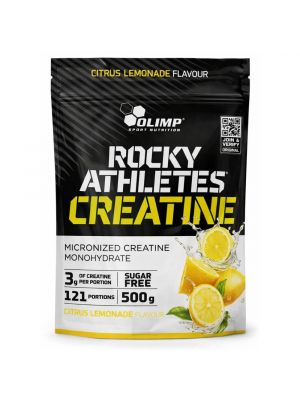
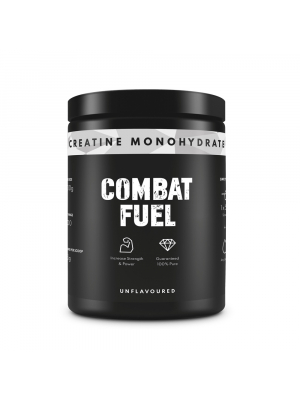
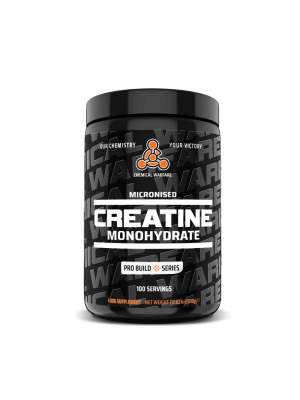
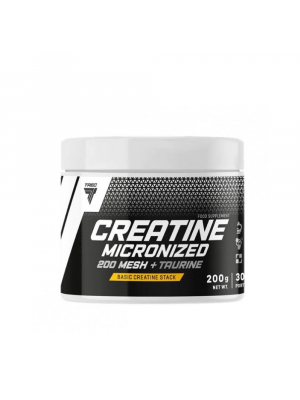
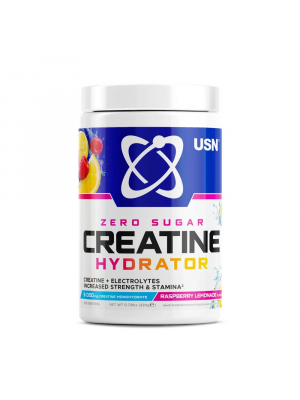
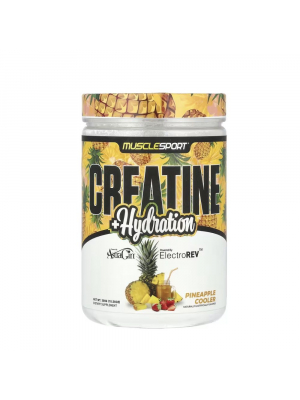
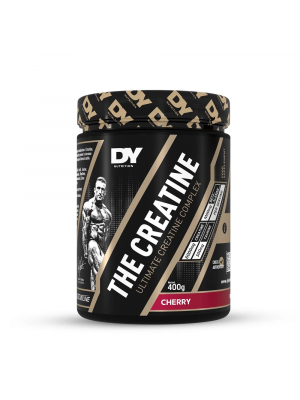
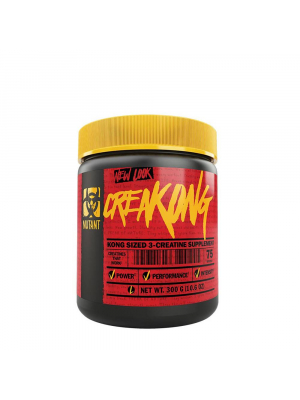
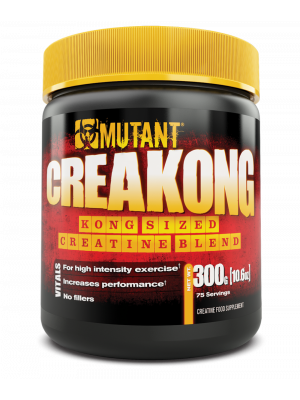
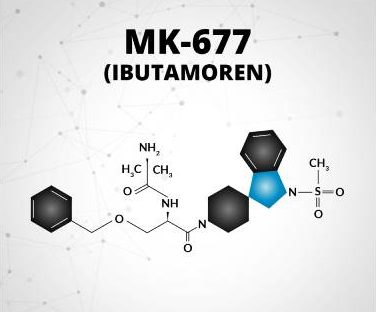
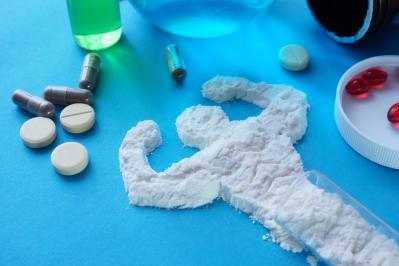
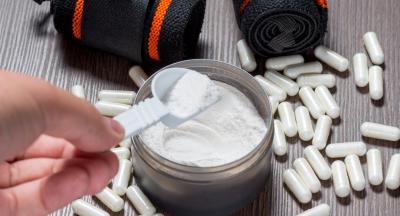


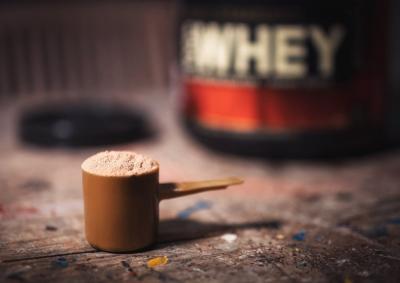



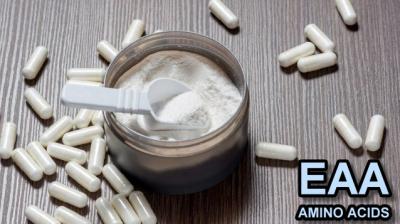
















Comments